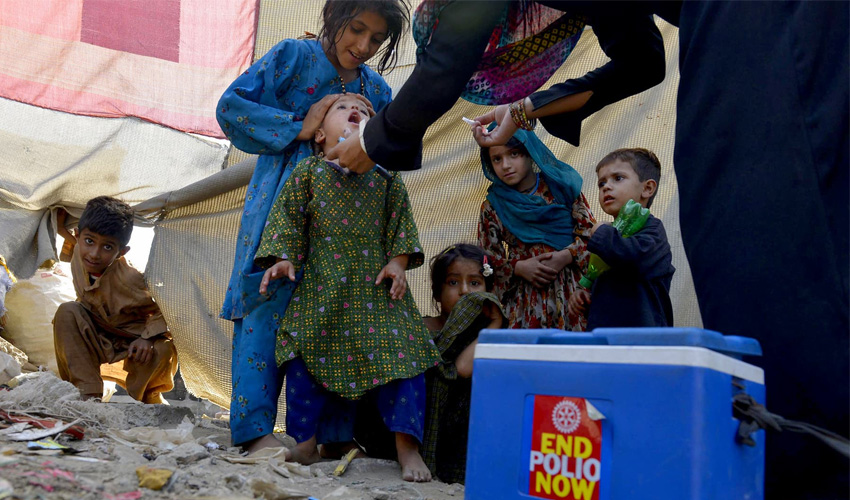India's fight against Covid-19 isn't over yet. Recent weeks have seen a rise in daily cases, with 756 new infections pushing the active case count to 4,049 as of Sunday. The country also recorded five deaths in 24 hours: two in Kerala, two in Maharashtra, and one in India-held Kashmir, as of 8am.
While the data is concerning, health officials assure that the JN.1 variant, responsible for the increase, hasn't triggered a significant surge in hospitalisations or deaths.
Daily case numbers had plunged to double digits by December 5, 2023, but colder weather and the emergence of the JN.1 variant brought a rise. The highest single-day spike since then came on December 31, 2023, with 841 new cases.
However, officials emphasize that the situation is far from the previous Covid-19 waves. Currently, 92% of active cases are being managed through home isolation, and data suggests the JN.1 variant isn't causing exponential growth or overwhelming healthcare systems.
"The data available currently suggests that the JN.1 variant is neither leading to an exponential rise in new cases nor a surge in hospitalisation and mortality," officials stated.
India has faced three major Covid-19 waves, with the Delta wave in April-June 2021 being the most devastating. The peak on May 7, 2021, saw a staggering 414,188 new cases and 3,915 deaths.
Since the pandemic began, India has recorded over 45 million infections and more than 530,000 deaths. The good news is that over 44 million people have recovered, with a national recovery rate of 98.81%.
The country's vaccination efforts remain strong, with over 2.2 billion doses administered to date.
While the recent case rise is a reminder of the pandemic's lingering presence, India's experience and robust vaccination coverage offer hope for continued control over the virus. Continued vigilance and adherence to safety measures remain crucial to navigating this new chapter in the fight against Covid-19.



























